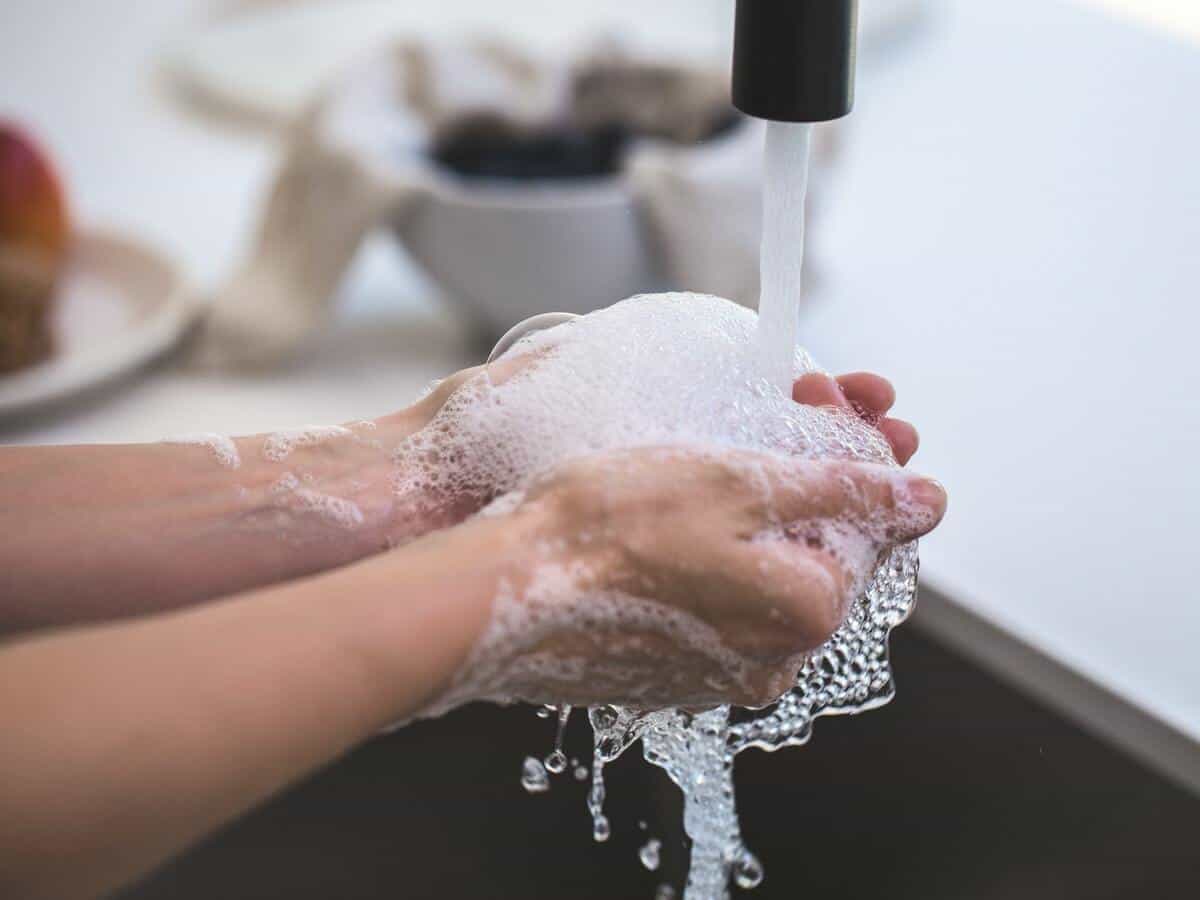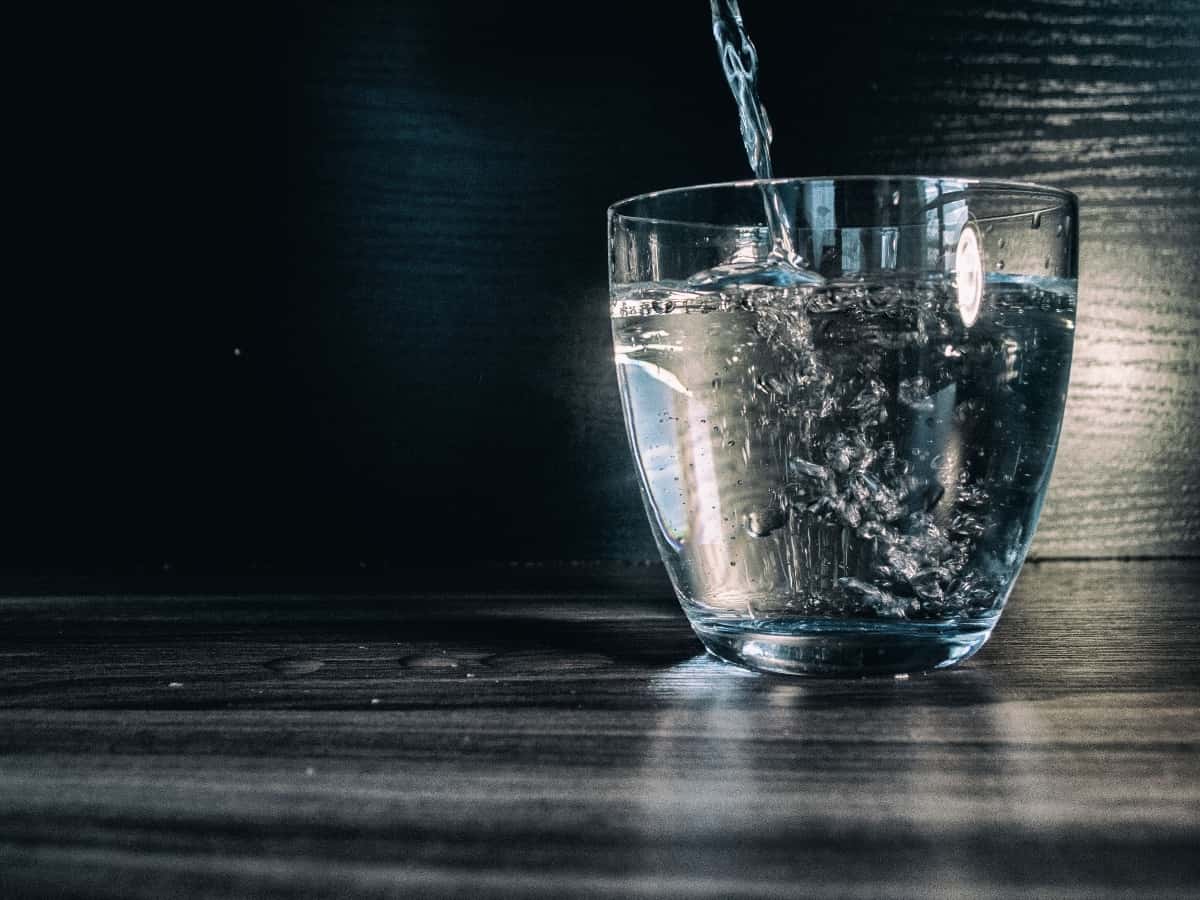Every homeowner needs to make sure they have safe water to cook with and drink. One system you might use to achieve quality water is a water softener. But after purchasing the appliance, you may wonder how much salt you need in the water softener. When it comes to determining how much salt in water softener, there are a few key points to keep in mind. We’ll explain each factor in this article, but first, let’s review what a water softener is and what the benefits are for using the appliance.
What is a Water Softener?
In general, there are two large categories of water: hard water and soft water.
A water softener is a system that uses a process known as ion exchange to remove hard minerals from the water. Two of the most common examples of minerals that might be stripped from the water include calcium and magnesium. Water softeners are common both in industrial or commercial applications as well as residential or home use.
It’s also important to define hard and soft water.
Hard water develops when there are heavy minerals, such as calcium and magnesium, in the water. Therefore, hard water is simply a term for water that has heavier minerals present. Soft water is water that doesn’t have very many heavy minerals. The following standards differentiate soft water and hard water:
- Soft Water: Less than 1 grain of hardness per gallon
- Slightly Hard Water: Between 1 grain of hardness per gallon and 3.5 grains of hardness per gallon
- Moderately Hard Water: Between 3.5 grains of hardness per gallon and 7 grains of hardness per gallon
- Hard Water: Between 7 grains of hardness per gallon and 10.5 grains of hardness per gallon
- Very Hard Water: More than 10.5 grains of hardness per gallon
Next, it’s important to explore some benefits of using water softeners to soften water.

What Are the Benefits of Using Soft Water?
Several benefits come with using soft water. These include:
- Softer, Moisturized Skin: The excessive ions floating in hard water can cause soap and body wash to curdle on the surface of your skin. This can make your skin feel hard and dry. Using a water softener to soften water can thoroughly clean and wash off the skin. This allows your body to release its natural oils.
- Softer, Natural Hair: Anyone who is looking for a way to make sure their hair feels silky-smooth should invest in a water softener that will remove hard ions from their water. Because shampoo often reacts the same way as soap and body wash, the same processes can happen in the hair. Using a water softener will allow your shampoo and conditioning products to work properly.
- Benefits for Appliances: Furthermore, hard water can build up on top of appliances. This can make your appliances run inefficiently, driving up utility bills while also shortening their lifespans. By using a water softener to soften the water that goes through appliances, homeowners can rest easy knowing they’re going to get as many years of use out of their appliances as possible.
These are just a few of the main benefits that come with using a water softener in the home.
Water Softeners Use Salt to Function Properly
One of the many questions homeowners have about their water softeners involves salt.
Water softeners cannot work without the right amount of salt. As mentioned above, water softeners use a process called ion exchange to remove calcium, magnesium, and other hard ions from the water. During this exchange, something has to be swapped to remove calcium and magnesium. In most cases, this is salt. Therefore, your softener needs sodium chloride to work properly.
At the same time, there is a common myth that water softeners put salt in the water. This is not the case. Salt is used to clean and reactivate the media present in the resin that makes up the water softener. In doing so, sodium chloride remains in the resin media and does not get put into the water. Another thing to remember is sodium by itself is tasteless. Therefore, people don’t have to worry about their water tasting salty.
On the other hand, sodium chloride water softeners can provide many benefits for home appliances. Some of these include:
- Preventing the buildup of hard minerals on the inside plumbing systems
- Improving the efficiency of major home appliances
- Extending the life spans of washing machines, dryers, and other home devices.
It’s easy to see how sodium chloride water softeners can provide numerous benefits to homeowners.

How Much Salt Should I Put in My Water Softener?
Water softeners come in a range of sizes, so the amount of salt homeowners might need to add will vary. However, the vast majority of water softeners will go through about ten pounds of salt per week. Therefore, homeowners should add between 40 and 50 pounds of salt to their water softeners per month. It’s a good idea to check salt levels in the water softener about once per week to make sure you don’t need to add more salt. Water usage can vary from week to week, so salt usage will vary as well.
Managing the salt in your softener is easier with a salt monitoring system. These work by connecting to your water softener and tracking the level of salt within your system. Typically, the monitor will display an alert when it’s time to add salt.
Rely on the Professionals From ONIT Water
These are a few of the most important factors to keep in mind when it comes to hard water, soft water, and water softeners. Anyone who would like to learn more about water softeners should be sure to reach out to trained professionals for assistance. At ONIT Water, we take great pride in our ability to provide our customers with solutions and products that have been tailored to meet their individual needs. If you would like to learn more about how we can help you with your water softener needs, contact us today!



